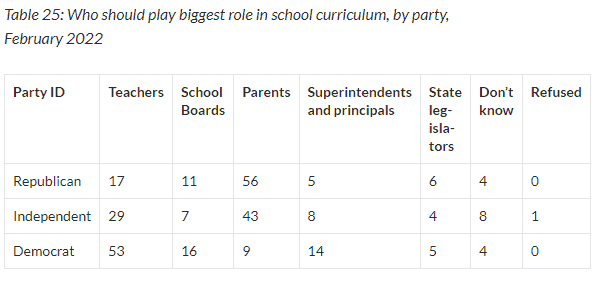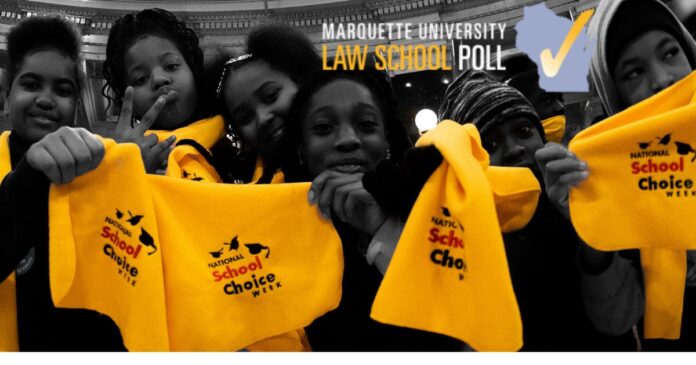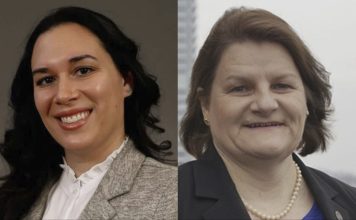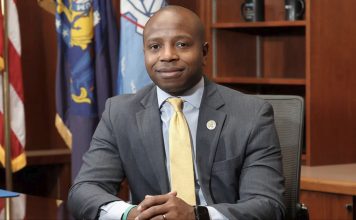Two years of the coronavirus appear to have changed some of the attitudes toward public schools in Wisconsin, and a majority of Wisconsinites now want school choice to be available to all parents, which is called “universal school choice.”
The latest Marquette Law School Poll shows over half of voters in the state support school choice and think schools in the state are worse than they were a few years ago. Nearly half say education standards are too low.
The numbers on universal school choice come amid growing support for school choice for all (without income or geographic limits). Former Gov. Tommy Thompson, regarded as a father of the school choice movement, has thrown his support for universal school choice. Republican candidates for governor – Rebecca Kleefisch and Kevin Nicholson – also support universal school choice. The Marquette poll shows strong support among Wisconsinites for educational freedom.
Support for universal school choice is broad, the poll shows, but it’s strongest among young and parent-age voters, black and Hispanic voters, people who live in Milwaukee, and people of lower income. Republicans and independents strongly support universal school choice, and even more than one-third of Democrats support it.
Jim Bender of School Choice Wisconsin told WRN, “We have seen a steady increase in support for School Choice in Wisconsin as more communities get access to the programs. This latest surge captures the awakening of parents brought on by a variety of issues tied to the COVID pandemic. Parents clearly want to be more empowered in the education of their children.”
School Choice Poll: Support for Universal School Choice
According to the school choice poll, 59% supported a policy of “allowing all students statewide to use publicly funded vouchers to attend private or religious schools. 37% opposed.
The poll’s crosstabs show that 54% of women and 62% of men strongly favor or somewhat favor “allowing all students statewide to use publicly funded vouchers to attend private or religious schools if they wish to do so.”
The support also crosses age ranges.
Interestingly, 60% of voters ages 18-29 strongly or somewhat favored universal school choice. 70% of those ages 30-44 are in those categories. 56% of those 45-59 support it and 53% of those above age 60 support it.
Thus, younger voters and parent-age voters are most likely to support universal school choice.
People without a high school education are most likely to support it, but people of all educational backgrounds have strong support, with the exception of people with a bachelor’s degree or greater, where support falls to 42%.
People of all income levels support universal school choice. 64% under age $40,000; 57% are $40-74,000 and 59% are $75,000 and up.
When it comes to party affiliation, 75% of Republicans support universal school choice; 61% of independents support it, 31% of Democrats support it, and 34% listed as other support it.
When it comes to race and ethnicity, 77% of blacks support universal school choice, 69% of Hispanics, and 57% of whites support it.
Regionally, support is 79% im the City of Milwaukee, 63% of the rest of Milwaukee, 42% in Madison, 55% in Green Bay, and 59% in the rest of the state.
“A majority of respondents, 55%, say public schools are in worse shape than a few years ago, while 29% say they are in about the same shape, and 9% say they are better now,” pollsters wrote. “In August 2018, 44% said schools had gotten worse, 34% said they were about the same, and 15% said schools had gotten better.”
“In August 2020, the question was worded as to whether a respondent agreed or disagreed with a policy to “provide tax-funded vouchers to be used for private or religious schools.” At that time, 41% agreed with providing vouchers, and 49% disagreed with the policy.”
Learning Standards
For learning standards, the poll says 47% of voters say the standards are lower than they should be. That’s exactly where that number was when the Marquette Poll last asked that question in 20014.
Who Should Play Biggest Role in Curriculum
The poll shows a huge political difference on the question of who should have the biggest say in a school’s curriculum.
Pollsters say 56% of Republican voters and 43% of independent voters believe parents should have the biggest say, while just 9% of Democratic voters believe the same.
The poll shows that more than half of Democratic voters believe teachers should drive curriculum in schools.

The Wisconsin Assembly approved the Parents Bill of Rights last week, but it is almost certainly headed for a veto from Gov. Evers once it reaches his desk.
Table of Contents





















![WATCH: Elon Musk Town Hall Rally in Green Bay [FULL Video]](https://www.wisconsinrightnow.com/wp-content/uploads/2022/04/Elon_Musk_3018710552-356x220.jpg)











